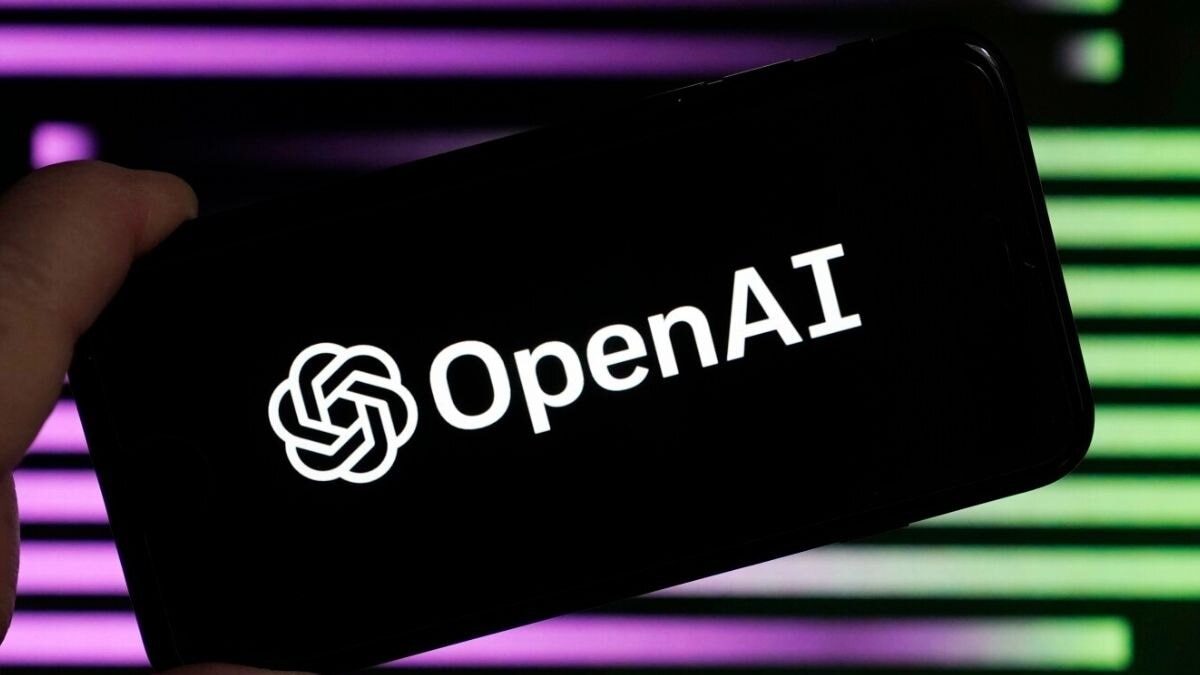OpenAI is postponing the release of its first open-weight model in years, CEO Sam Altman revealed on Tuesday in a post on X. Originally expected in June, the model will now arrive “later this summer,” as the company takes extra time to refine what Altman hinted is a major leap in performance.
“[W]e are going to take a little more time with our open-weights model, i.e. expect it later this summer but not [J]une,” Altman wrote. “[O]ur research team did something unexpected and quite amazing and we think it will be very very worth the wait, but needs a bit longer.”
The delay comes amid a surge in open-source AI model releases from rivals, intensifying the pressure on OpenAI to deliver a model that is not just transparent but also best-in-class. The company’s upcoming model is expected to include reasoning capabilities similar to those in its proprietary o-series models and aims to outperform competitors such as DeepSeek’s R1.
Just this week, French AI startup Mistral launched its new line of reasoning-focused models dubbed Magistral. Meanwhile, Chinese lab Qwen rolled out hybrid models in April capable of toggling between quick responses and more deliberate “chain-of-thought” reasoning, an emerging benchmark for next-gen AI performance.
OpenAI has hinted at adding advanced features to its open model, including the ability to connect to its proprietary, cloud-based models to handle complex queries, though it remains unclear whether such features will make it into the initial release.
Beyond model architecture, the delay also touches on deeper reputational dynamics. Altman has acknowledged that OpenAI has been criticised for turning away from open-sourcing its frontier models. In recent months, the company has faced mounting scrutiny from researchers and developers who argue that transparency is essential for safety, reproducibility, and innovation in AI.
